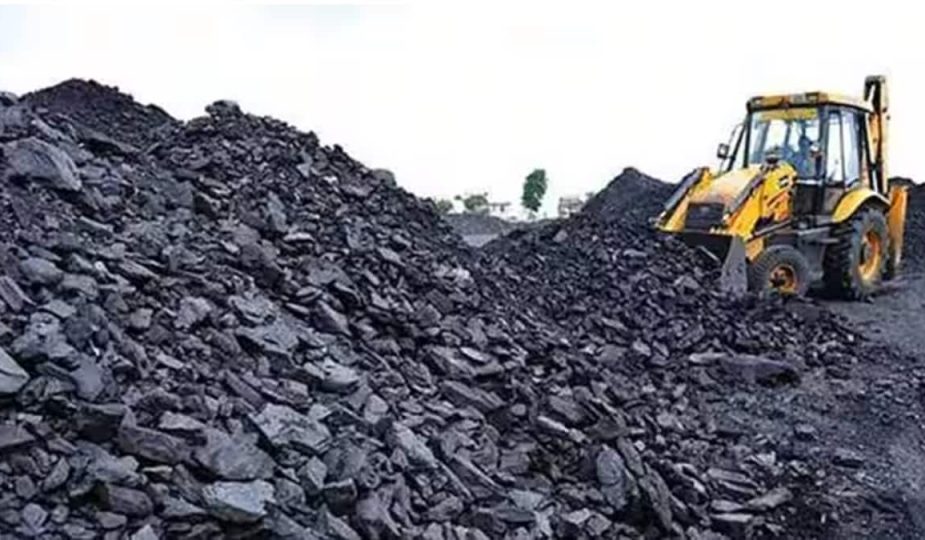
Mandatory imported-coal blending extended till FY24-end
The government on Wednesday extended mandatory blending of imported coal with domestic fuel for power gencos till the end of the current financial year, in an attempt to ensure uninterrupted power supply across the country.
It also extended the emergency clause or Section 11 of the Electricity Act 2003 which mandates imported coal-based power plants to run on their full capacity till June 30, 2024. The clause was to expire by the end of this month.
“The gencos may continuously review their stock position and opt for blending as per the requirements if the shortfall in domestic coal supply is more than 6 %,” the ministry of power said in an order released Wednesday.
The move came after a review of the power demand-supply scenario in the country. Inadequate supply of domestic coal has resulted in rapid depletion of coal stocks at domestic coal based (DCB) plants across the country.
Coal stocks with thermal units slumped to 18.55 MT as on October 23 and around 75 out of 165 domestic coal based thermal power plants had “critical” level stocks only, as per the latest data available on Central Electricity Authority (CEA).
“The move will increase the cost of power procurement for discoms,” said an official source from a coal mining company who did not wish to be identified. “Whether the cost is passed on to the consumers will depend upon the discoms.”
During September 1 to October 9, the gap between receipt of domestic coal and consumption of coal was reported at 12 million tonnes.
The government highlighted that in the first half of the current financial year, hydro power generation has fallen by about 11% from the corresponding period last year due to invariable monsoon and almost 2 giga watt (GW) of hydro capacity being stranded because of recent floods in Sikkim.
“The reservoir levels in northern, eastern and southern regions are less compared to the previous year as on 9th October 2023, which has resulted in lower reservoir energy content at pan India level,” the government said. “This has put additional burden on coal based thermal generation.”
Earlier, the CEA had estimated domestic coal requirement from October 2023 to March 2024 at 404 million tonne.
The government has estimated peak power demand of 256.53 GW for the financial year 2024-2025.
“The eight-month extension (of emergency coal import clause) has been directed by the power ministry because of a surge in demand, inadequate supply of domestic coal, and reduced hydropower generation,” the order said.
There is a severe shortage of power in the country which is unlikely to be compensated by imports, experts believe.
The country’s power demand in September grew by almost 10-12% from the corresponding period of last year with demand reaching to 140-142 billion units, according to a report by CRISIL Ratings released last month.
In the first half of the current financial year, India’s electricity consumption grew nearly 8% to 847 billion units from 786 BU in the same period last financial year.
The government had pegged India’s energy requirement till September at 8,47,896 million units (MU). However, the total availability was reported at 8,45,451 MU, down by 0.3% or 2,444 MU, as per the data from CEA.
The country recorded a peak demand of 2,40,500 MW of power in September and was able to meet only 2,39,769 MW of the total demand.
However, coal stocks with Coal India Ltd were at 41.1 million tonne as of October 24, up 15% from the corresponding period last year, an official from the company told FE. “Stocks with the captive power plants is also higher by 4-5 million tonnes from last year,” the official said.
The electricity generation target for the year 2023-24 was fixed at 1,750 BU comprising of 1,324.11 BU from thermal, 156.700 BU from hydro, 46.190 from nuclear and import of 8 BU from Bhutan. The rest 215 BU was estimated to come from renewable energy sources. However, so far in the Apr-Sep period, the country has generated 897.737 BU of power, as per the ministry’s data.








